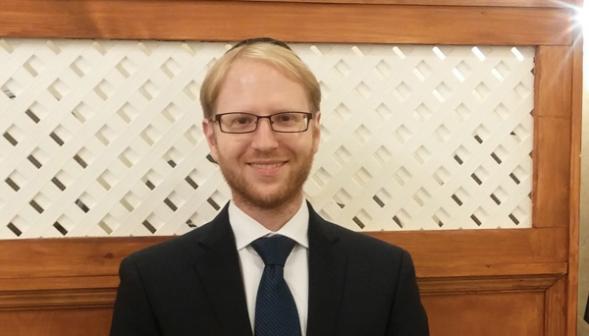Brooklyn Elected Officials Need to Stand up for Secular Education in Ultra-Orthodox Yeshivas (OPINION)


By Naftuli Moster
Imagine being in a college-level biology class and hearing the word “molecule” for the very first time, or having such limited math skills that it’s difficult to calculate a tip or double a recipe. As a product of the ultra-Orthodox yeshiva school system, I faced these challenges and more. Sadly, tens of thousands of children in Brooklyn and across our city continue to be robbed of the basic education to which they are entitled under the law and which they need to succeed in today’s society.
As a much-delayed 2019 New York City Department of Education inquiry showed, many yeshiva students are not learning English, math, history, science, or other secular subjects. All of the schools included in the investigation are located in Brooklyn, and 26 out of the 28 failed to meet the basic standards for secular education. The investigation, which was delayed due to the political influence of certain special interest groups, only confirmed what advocates have known all along—that non-public schools, in particular certain Hasidic and ultra-Orthodox yeshivas, are not being held to the standards that require a “substantially equivalent” education to what students receive in public schools.
State elected officials representing Brooklyn have an opportunity to protect countless young people in their communities. They can prove that educational equity isn’t just rhetoric and show that special interests are not more important than our children by ensuring the New York State Board of Regents approves, and the State Education Department adopts, proposed Substantial Equivalency Regulations before they expire on October 5.
Once adopted, these regulations will go a long way towards empowering local and state officials to fully enforce the substantial equivalency standards, including utilizing measures such as school visits and restricting funding when schools fail to cooperate. The regulations would also ensure prompt corrective action if requirements are not met.
If our elected officials and the Regents vote down the proposed Substantial Equivalency Regulations or let them expire, they are sacrificing the basic secular education—and the futures—of tens of thousands of children. If they expire, the process of proposing and adopting these rules will have to start from the beginning. We cannot afford to let yet another school year go by with students being denied a basic education.
Given the results of the investigation into ultra-Orthodox yeshivas, our New York State elected officials and the Board of Regents cannot claim ignorance about the need for stronger substantial equivalency enforcement and regulations. Students attending these schools have waited long enough to get the basic education to which they are entitled under the law and which they need to succeed.
Naftuli Moster is the Executive Director of Young Advocates for Fair Education (YAFFED)




